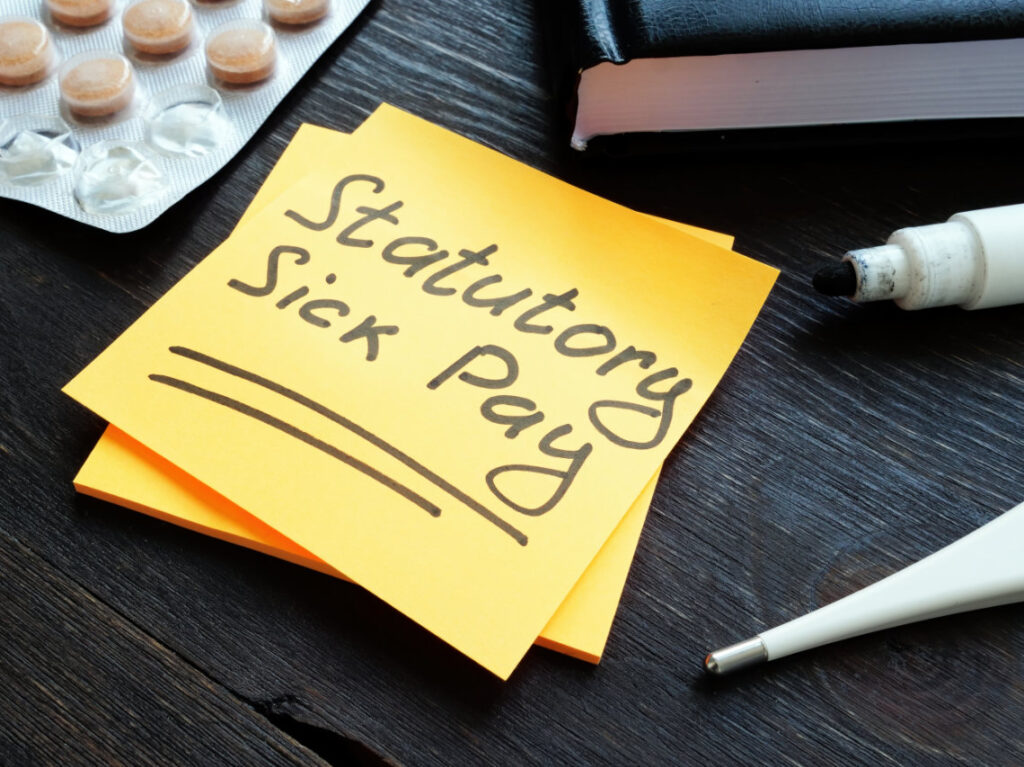
The government proposes to pay Statutory Sick Pay (SSP) from the first day of any absence and to remove the lower earnings limit requirement.
SSP is the amount paid to employees when they are off sick. Currently, SSP is not paid during the first three days of any absence. These are known as ‘waiting days’. If an absence continues after the 3 ‘waiting days’, then SSP is usually paid to employees at a flat rate (currently £116.75 per week) for up to 28 weeks of absence. However, there is an exception to this rule if the employee earns less than the ‘lower earnings limit’ (currently £123 per week). Employees earning less than the lower earnings limit do not receive anything if they are off sick.
There is obviously a risk of abuse if employees who earn less than the current flat rate for SSP when they are working are entitled to a higher amount (the SSP flat rate) when they are off sick. To get around this, for those with weekly earnings lower than the flat rate for SSP, the Bill proposes to set SSP payments as a ‘prescribed percentage of the employee’s normal weekly earnings’.
The government is seeking views on what that percentage replacement rate should be. The consultation paper outlines some illustrative examples that set out the broad costs for employers and potential impacts on low earners of different percentage rates. The examples range from 60% of earnings, which is the lowest rate that the government’s internal modelling suggests would not leave employees worse off, to 80% of earnings, as proposed in the 2019 Health is Everyone’s Business consultation.
The consultation remains open until 4 December. Any change is unlikely to come into effect until Spring 2025 at the earliest.
Further reading
If you enjoyed this blog then perhaps you’d like to sign up to our monthly newsletter. We’ll keep you updated on what’s new in employment law.
The team at Hunter Law is here for you. We can handle your HR issues, finesse your policies, and keep you up-to-date on evolving legislation. Please get in touch with our legal team, we’d love to help.

